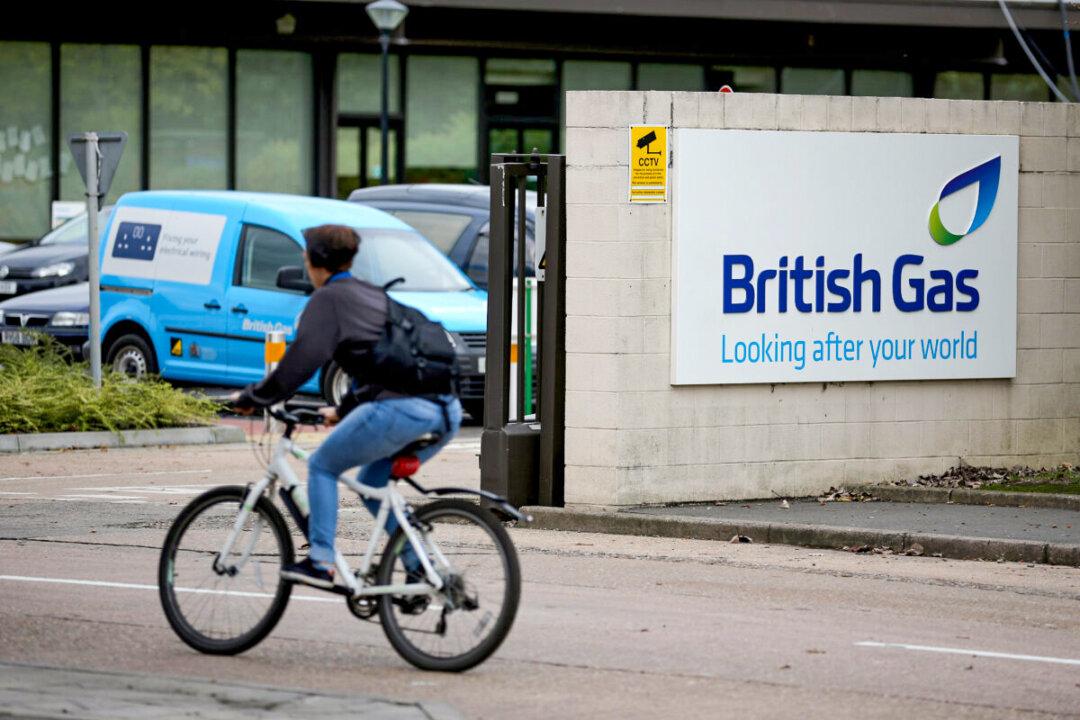Reforms designed to protect customers and ensure energy suppliers are resilient to market shocks have been proposed by the energy regulator, however, British Gas owner Centrica accused Ofgem of an “abdication of responsibility.”
On Friday, Ofgem released fresh proposals which included stamping out the misuse of credit balances, reinforcing rules on how all domestic providers use customer balances.





